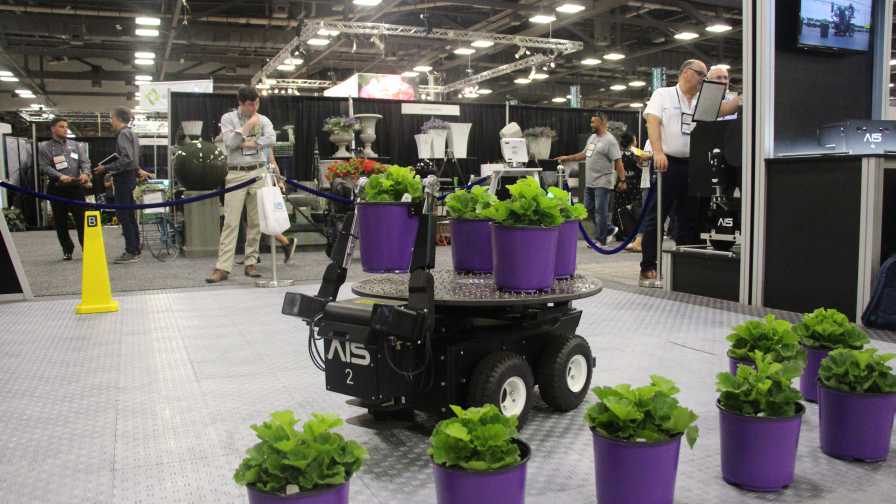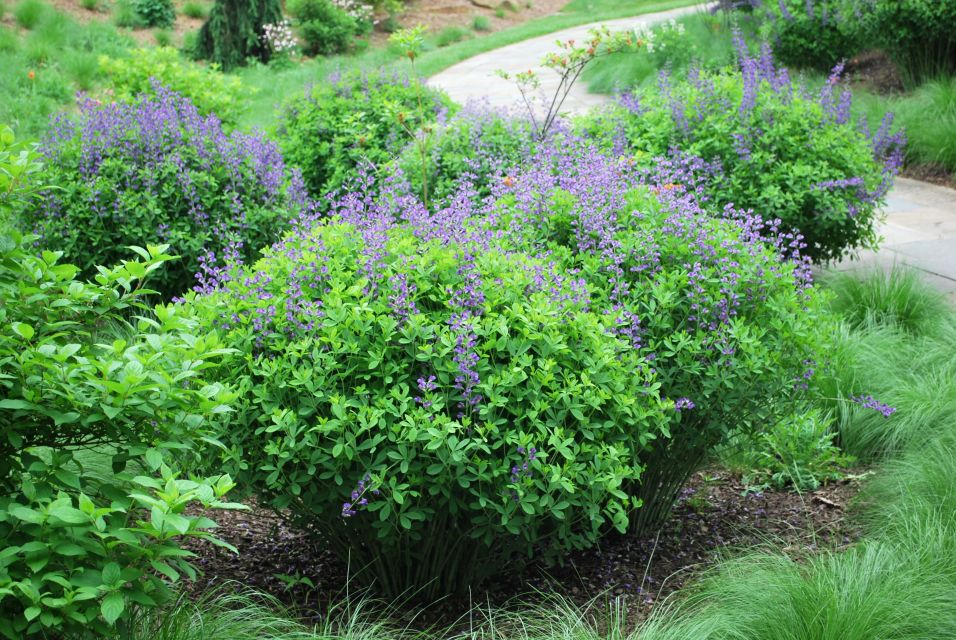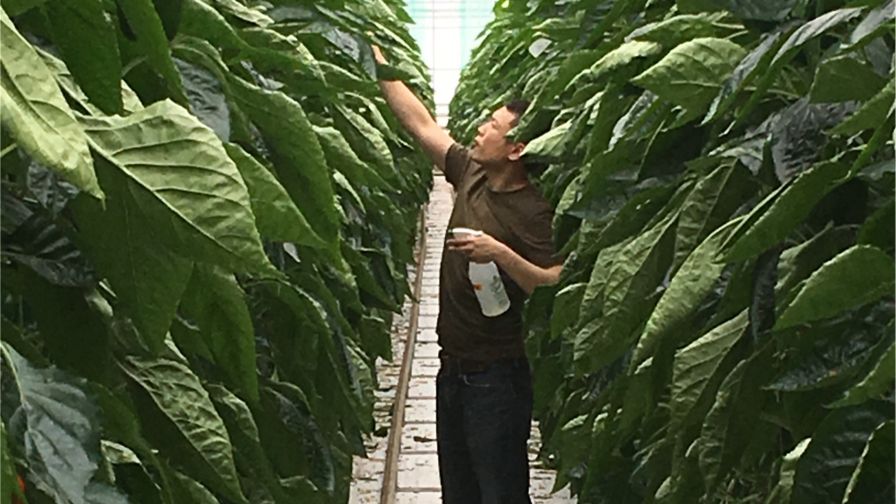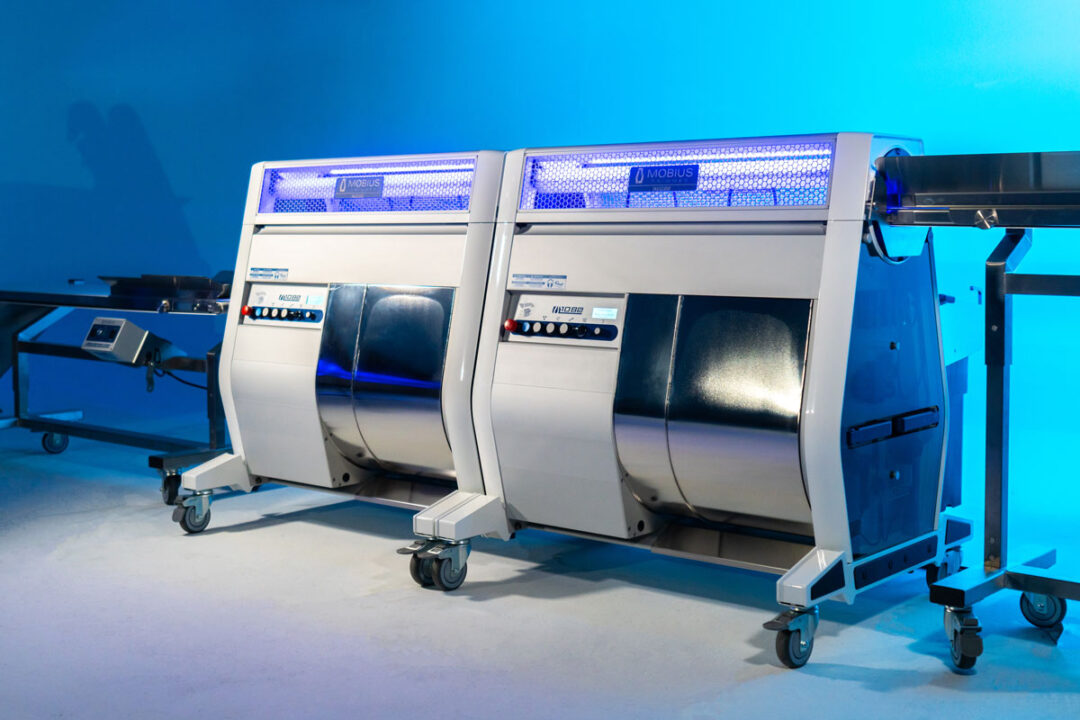What the Machine as a Service Model Means for Greenhouse Automation
 At the entrance to Cultivate’19 in Columbus, OH, there was a sign: “Trouble finding affordable labor?” The fact that there is an issue in the horticulture industry of finding affordable labor for tedious tasks is undisputable.
At the entrance to Cultivate’19 in Columbus, OH, there was a sign: “Trouble finding affordable labor?” The fact that there is an issue in the horticulture industry of finding affordable labor for tedious tasks is undisputable.
At Advanced Intelligent Systems (AIS), we saw that there is a dire need to automate in horticulture, and that most previous automation has been primarily done by mechanical machinery and conveyor belts. That prompted us to look deeper to see why robotics companies have not tackled the task of automating in horticulture.
There are greenhouse floors that are paved, some are gravel, some are covered by weed barriers, some are compact gravel, and some are asphalt. Also, plants are grown in various pot sizes, and the workflow in every nursery or greenhouse can differ depending on the plant and weather conditions. There is no uniformity in the way greenhouses and nurseries are designed and built. As a result of these factors and more, the challenges to robotic companies are so great that they are hesitant to enter this market.
With our valued distribution partner AgriNomix, we gained many more insights at Cultivate into the grower’s work flow, and we saw the opportunity to start building autonomous solutions to automate the entire work flow from pot movement across the field to spacing and pruning. The first product in our series, the pot spacing and consolidation robot BigTop, was displayed at Cultivate’19 and created a buzz.
Listening to Growers Was Important
When we embarked on this mission, we asked many growers and industry stakeholders what it would take for them to adopt automation in their businesses. Growers were receptive and welcoming to automating, but they wished to avoid any form of significant initial investment. They also feared the disruption they might experience in their workflow if the machines required service. Furthermore, they wanted to prioritize automating tasks that were extremely labor intensive.
We listened and focused on creating fully autonomous robots for automating labor-intensive tasks. We created modular, easily replaceable parts that would eliminate service calls and allow the growers to change parts on the fly, giving them maximum up time. We offered all of that under a “Machine as a Service” (MaaS) plan, which charges the growers for the work performed and eliminates any initial capital expenditure and seasonality concerns.
At Cultivate’19, many growers and machine manufacturers started talking to us about using our cloud software platform and IoT box to create a MaaS model for their machinery. The MaaS model will allow growers to access a full suite of automation products without committing to a huge initial capital expenditure. The risk of the equipment not working properly is moved to the machine manufacturer, because the manufacturer gets paid on the volume of work performed rather than for the machine itself. It will equally benefit the growers and manufacturers if the machines work at their optimum capacity with no down time. For the manufacturers, the MaaS model allows them to deploy more product as long as they are confident they can stand behind the quality of their products.
By removing the risk from the consumers, the MaaS model is designed to reduce the sales cycle of the products and allow easier adoption of newer products. This will encourage more robotics and mechatronics companies to look into agriculture and horticulture as a viable market for their products. Automation with robotics will also allow the industry to build artificial intelligence (AI) around work processes, plant health, optimum growing conditions, environmental factors, and other aspects of the growing business. This AI can be used to create efficiencies and help the bottom line in an industry that is feeling the pinch of high labor costs while it also helps growers return a healthy profit.









